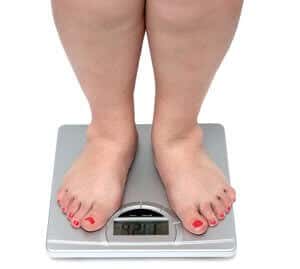
Losing weight is hard work, and many people who try get discouraged and give up. Healthcare experts wondered if the motivation for weight loss would make a difference in helping people stick to their diets.
Could Rewards Help People Stick to Their Diets?
The investigators recruited 668 overweight volunteers from low-income neighborhoods in Los Angeles and New York City and randomly assigned them to one of three groups (JAMA Internal Medicine, Dec. 5, 2022). Participants in one group got resources, including a year-long free membership in a commercial weight-loss program, a food journal, digital scale, physical activity monitor and one-on-one check-in visits each month. Investigators offered participants in the other two groups financial incentives.
What Were the Financial Incentives?
One group of people could earn money for implementing evidence-based weight-loss behaviors. This was termed the goal-directed group. The other group got money based on what percentage of their body weight they lost. Both groups also had access to the resources provided to the control group. Volunteers in either group could earn up to $750 during the study.
Did the Incentives Work?
The researchers judged participants successful if they managed to lose 5 percent or more of their body weight in six months. The average weight at the start of the study was 217 pounds, so 5 percent would be almost 11 pounds, on average.
After six months, 22 percent of the volunteers in the resource-only group had lost 5 percent of their body weight. In comparison, 39 percent of the goal-directed group and 49 percent of the outcome-based group lost that much weight. Both strategies worked better than simply providing resources in these low-income populations. In the goal-directed group, the average amount earned was $440.44. At the same time, the average earning for people in the outcome-based group was $303.56. This is quite a bit of money if you are living hand to mouth, but it was not enough to change the volunteers’ financial well-being. Evidently, however, it did help them stick to their diets.
Often, people have more trouble keeping weight off than losing it. We do not have any information on whether financial incentives would help with this.
Citations
- Ladapo JA et al, "Effectiveness of goal-directed and outcome-based financial incentives for weight loss in primary care patients with obesity living in socioeconomically disadvantaged neighborhoods: A randomized clinical trial." JAMA Internal Medicine, Dec. 5, 2022. doi:10.1001/jamainternmed.2022.5618

